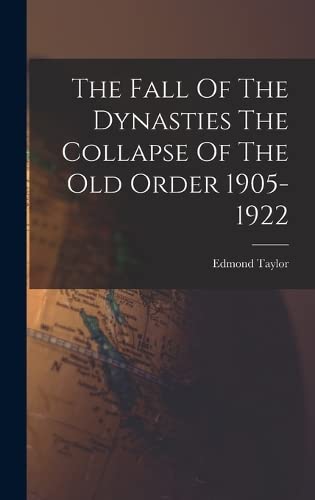What do you think?
Rate this book


434 pages, Hardcover
First published January 18, 1963
“Like the Habsburgs, the Osmanlis never put down firm national roots. Osman II (1258 – 1325), who founded the dynasty, belonged to a Turkish-speaking tribe of people that had recently migrated from Central Asia to settle in Anatolia (the Asiatic core of modern Turkey), up against the Byzantine frontier, as vassals of the neighboring Seljuks, the more civilized descendants of earlier Turkish invaders, who then ruled in Bagdad.”He says the sultanate was mostly interested in political power and argues that its close alliance with Islam was a strategic error. The Muslim clerics were fanatics, and they were insufficiently tolerant of Christians, who existed and needed to be considered more in politics.
"typify not merely opposing national interests but two conflicting social orders, two ages of history, two incompatible patterns of human destiny. In a sense they were both victims — and so are all of us — of the same revolutionary process: the decline and fall of the dynastic system in Europe and of the social structures it supported."By the time of the World War,
“Technological and sociological progress had rendered war too dangerous to be used as a means for achieving national objectives, but the rulers of nations had not yet realized it — half a century later [in the 1960s], we are just beginning to grasp the idea — and their political imagination had not evolved techniques or concepts of diplomacy capable of settling major international problems without resort to war (neither has ours).”This First World War was in some ways more traumatic than the Second, though the quantifiable damage was smaller. “The Old World never recovered from the shock.”